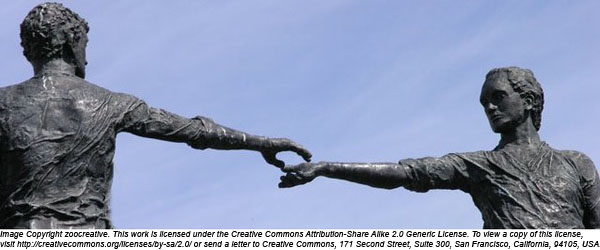
-

Eamonn Deane & Terry Doherty
Carl Milofsky
The two men are interviewed by one woman and are asked primarily about their jobs. The video starts out with the interviewer asking the men what their jobs are and if they enjoy them. They say they do, but funding is difficult. They are asked how they got into what they're currently doing and why they work specifically with youth. The men convey their experiences on the job as satisfying but dangerous. Eamonn and Terry go in depth into their bloody encounters and the things other children have seen. They elaborate on how they empathize with some people and how they chose to do what they are currently doing instead of joining a paramilitary. The rest of the video is comprised of their thoughts on the peace process.
-

Ed Cairns
Carl Milofsky
This video provides some of the psychological problems associated with the Troubles. Ed Cairns starts off with listing and explaining a few Freudian theories associated with the NI conflict. Then he talks about some associated myths with psychology, which then leads to the social identity theory which he spends a good deal of time talking about. At the very end, he opens the floor up to questions and fields a few before the tape ends.
-

Gareth Higgins
Carl Milofsky
Gareth Higgins, a sociologist of religion, talks about the history of the Protestant and Catholic religions as they are manifested in Northern Ireland. It then gives general information about the nature and history of the Troubles, useful since he is talking to an American student audience. He then talks about a variety of ways that religions is manifested in actions of the conflict. He points out that many active in the trouble are not particularly religious even though they identities that are strongly influenced by religious categories. Higgins himself is involved in organizational efforts to create dialog across religions and to foster peace-oriented dialogs.
-

Grace Fraser Integrated Education in Practice
Carl Milofsky
Education researcher Grace Fraser talks about her research on the founding and operation of integrated schools and the challenges of running them. She distinguishes between schools that were called integrated but did little in terms of programs, schools that were integrated and ran educational programs but did little to affect interaction, and those that intensively worked to teach children about tolerance and to involve principles of integration into all aspects of their programs. Integrated schools began as non-funded, parent initiated efforts to create an alternative style of education. Parent involvement took enormous work and this process a major focus of this talk.
-

John Hume and Bishop Edward Daly
Carl Milofsky
John Hume gives a small amount of background about his life but the main thrust is his view that as political and economic institutions developing the wake of the troubles, people become more tolerant of diversity and healing begins to happen in a conflict society like Northern Ireland.




